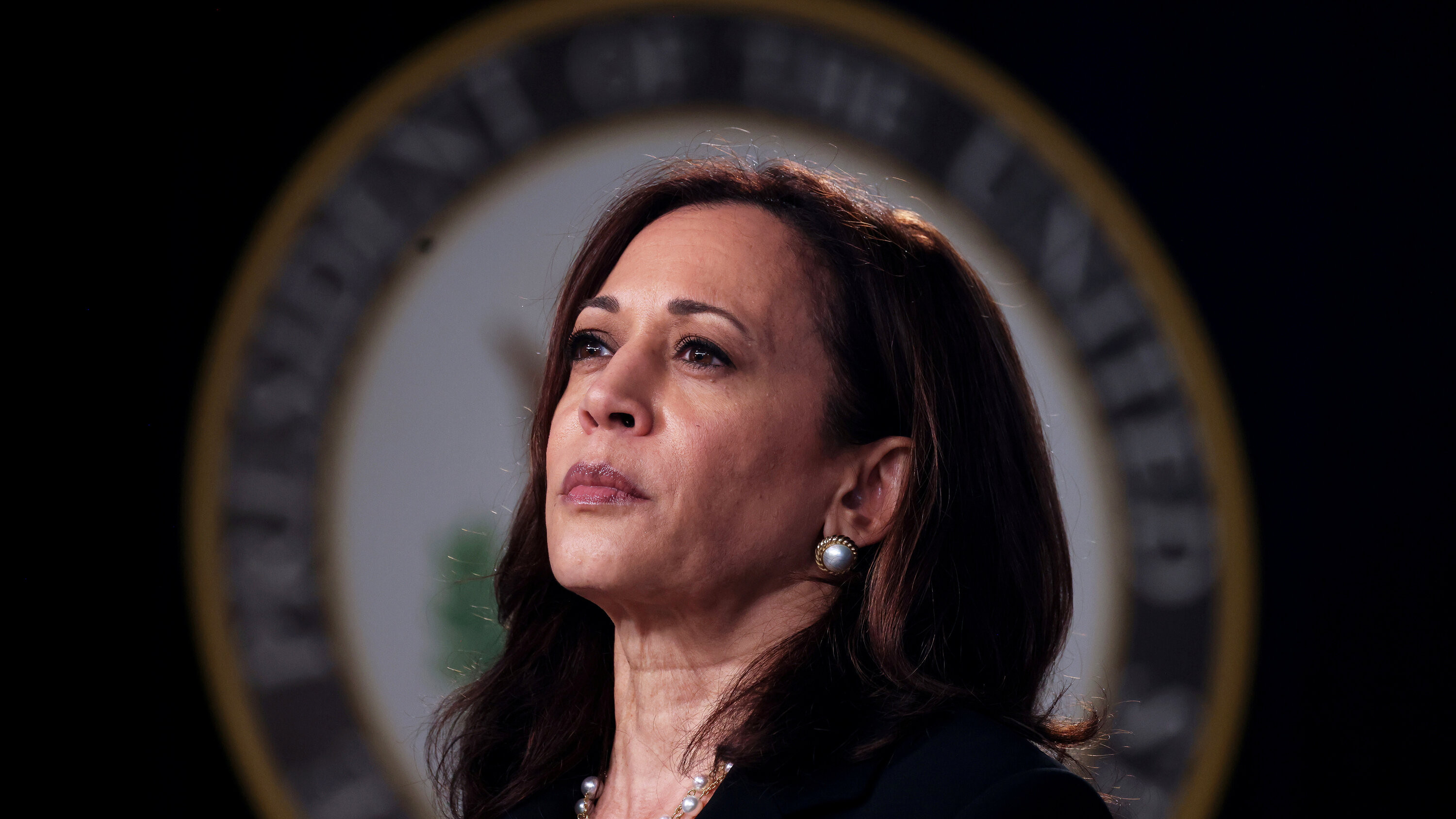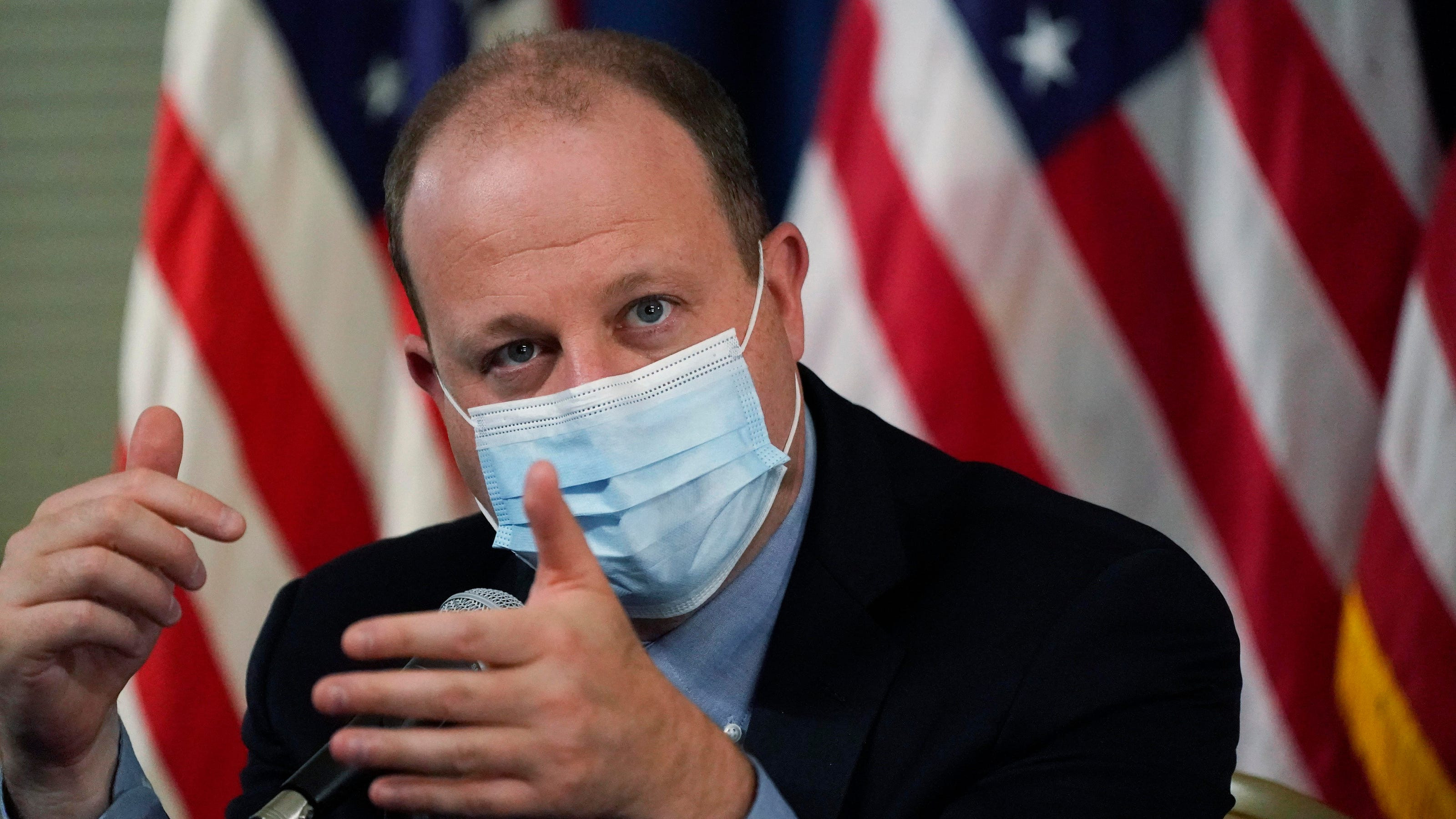In a significant shift from her earlier stance, Vice President Kamala Harris has declared she will not ban fracking if elected president. This comes as a surprise to many, as Harris had previously expressed strong opposition to the controversial drilling technique during her 2019 presidential run.
The issue of fracking has re-emerged as a crucial talking point in the 2024 presidential election, especially in key swing states like Pennsylvania, where the industry plays a significant role in the economy. The Democratic nominee's reversal has drawn criticism from environmental groups, who see it as a departure from the party's commitment to combating climate change.
Harris has attempted to justify her change in position by highlighting the Biden-Harris administration's efforts to promote clean energy, particularly through the Inflation Reduction Act. She argues that these initiatives are sufficient to address the climate crisis without the need to ban fracking. However, critics argue that these efforts are insufficient and that the administration’s continued expansion of oil production undermines its climate goals.
Fracking: A Brief Overview
Fracking, or hydraulic fracturing, is a process that involves injecting a high-pressure mixture of water, sand, and chemicals into underground rock formations to extract oil and gas. The technique has revolutionized the energy industry, allowing companies to tap into vast reserves that were previously inaccessible.
However, fracking has also been met with significant opposition due to its environmental impact. Critics argue that the process contaminates groundwater, pollutes air quality, and contributes to seismic activity. Furthermore, the extraction and transportation of gas can lead to methane leaks, which are a potent greenhouse gas and a major contributor to climate change.
The Debate over Fracking
Proponents of fracking argue that it has numerous economic benefits, including lowering energy prices, creating jobs, and reducing U.S. reliance on foreign oil. They also point to the fact that the shift from coal to natural gas has resulted in a significant reduction in carbon emissions.
Opponents of fracking argue that its environmental costs outweigh its economic benefits. They point to the long-term consequences of groundwater contamination and air pollution, as well as the potential for seismic activity. They also argue that the focus on natural gas as a “bridge fuel” delays the transition to renewable energy sources and ultimately prolongs our dependence on fossil fuels.
Harris's Position and its Implications
Harris's reversal on fracking has raised concerns among environmental activists and climate experts. They argue that the Biden-Harris administration has already done too little to reduce fossil fuel production, and that Harris's position signals a continued commitment to fossil fuels rather than a genuine commitment to fighting climate change.
The Road Ahead
Harris's position on fracking is likely to remain a point of contention throughout the 2024 election campaign. The issue is particularly salient in Pennsylvania, where it is a major economic driver. However, it also reflects a broader debate about the role of fossil fuels in the global transition to a clean energy economy.
The decision of whether to ban fracking is a complex one, with significant economic and environmental implications. The outcome of this debate will have a profound impact on the future of energy policy and the fight against climate change.
As the 2024 election unfolds, the issue of fracking will undoubtedly continue to be a focal point of debate. The public will be closely watching how the candidates address this complex and consequential issue, and what policies they propose to ensure a sustainable and prosperous future for all.


















